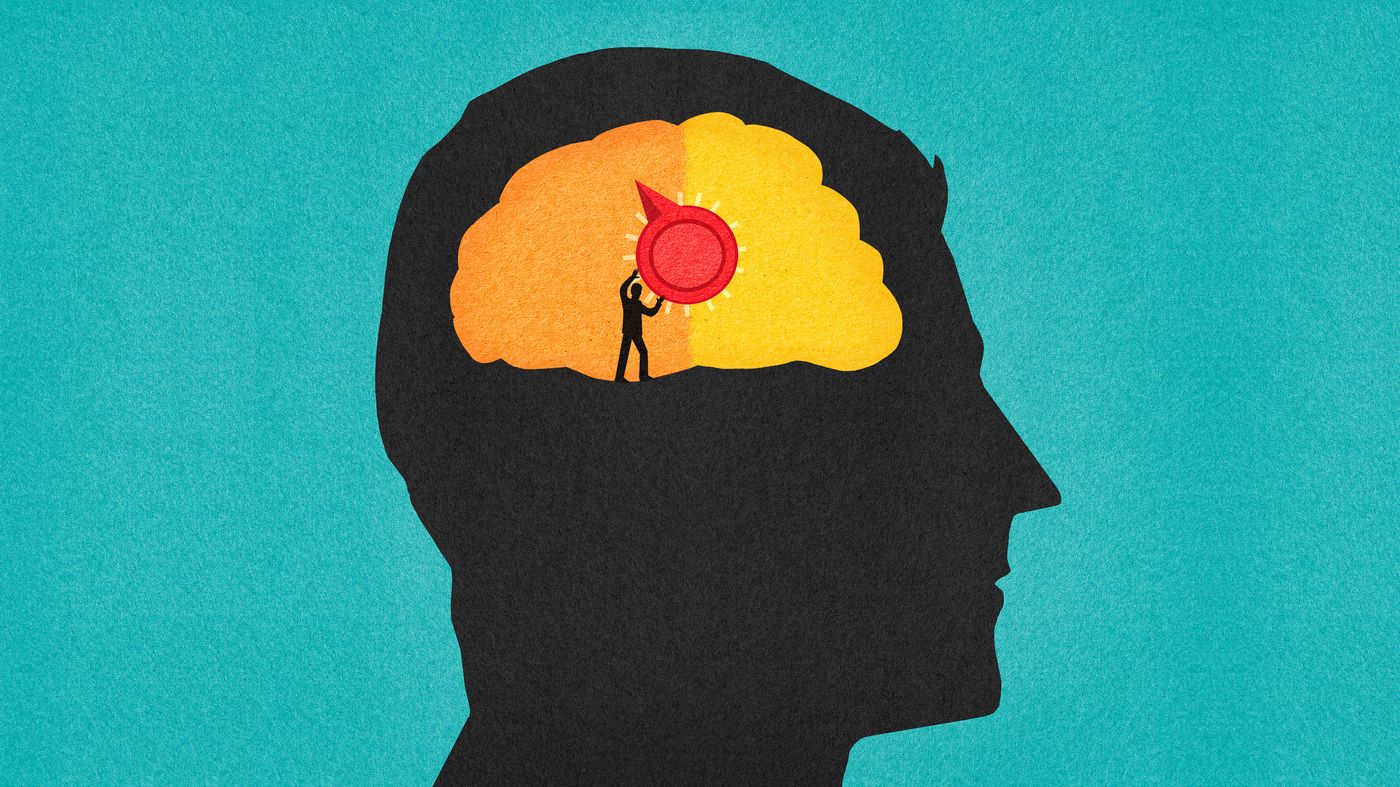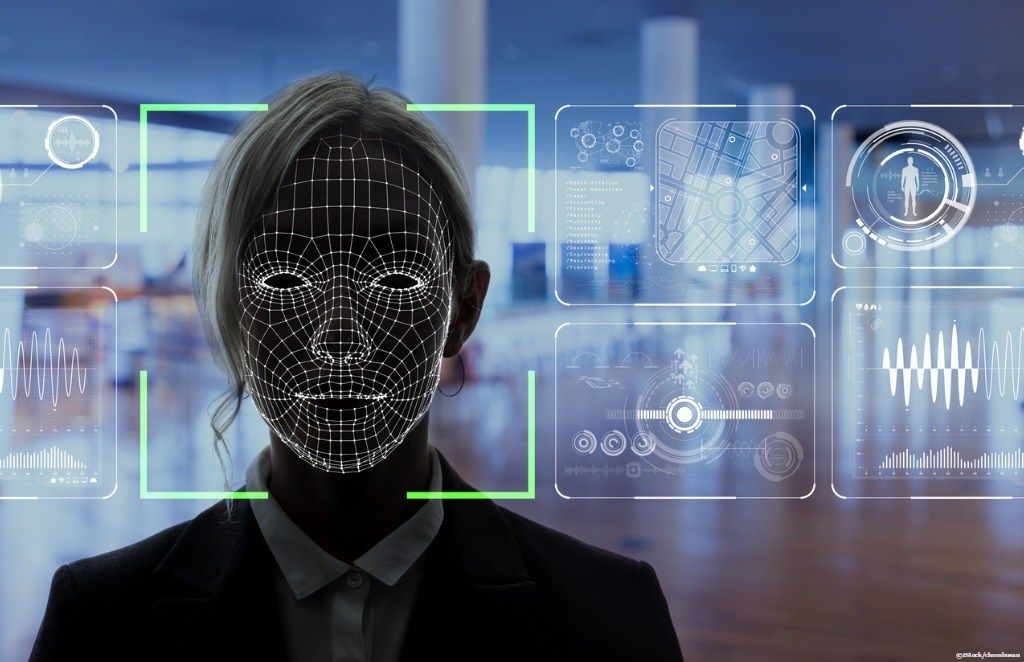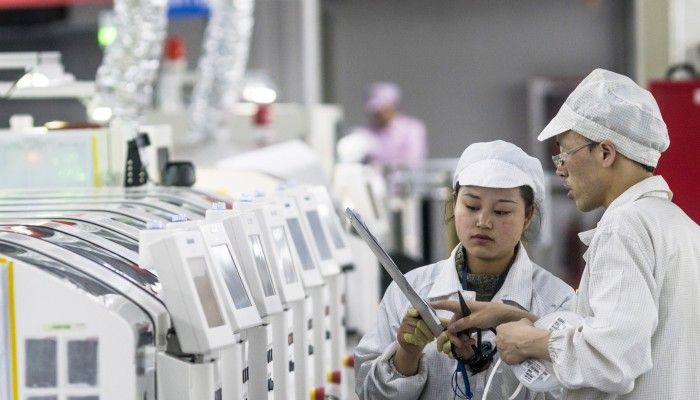Page 9597
Jul 16, 2018
Chinese Researchers Achieve Stunning Quantum Entanglement Record
Posted by Genevieve Klien in categories: particle physics, quantum physics
A team at the University of Science and Technology of China packed three qubits into each of six particles to pull off the unprecedented feat.
Jul 16, 2018
Cancer cells engineered with CRISPR slay their own kin
Posted by Shailesh Prasad in category: biotech/medical
Jul 16, 2018
An Amazing Airplane Engine Powered Motorcycle Sporting Hubless Wheels and True Sci-Fi Style
Posted by Shailesh Prasad in category: transportation

Former F1 racer and designer Taso Marques has created the TMC Dumont, an incredibly sleek, low-to-the-ground motorcycle that sports an airplane engine and giant silver wheels without hubs, looking very much like something out of a science fiction film. The bike made its debut at Daytona Bike Week in March 2018 and won all sorts of admiration and accolades for its design.
Here’s a behind-the-scenes look at the assembly of the TMC Dumont Motorcycle.
Jul 16, 2018
Leg Exercise is Critical to Brain and Nervous System Health
Posted by Shailesh Prasad in categories: biotech/medical, chemistry, food, health, neuroscience
Groundbreaking research shows that neurological health depends as much on signals sent by the body’s large, leg muscles to the brain as it does on directives from the brain to the muscles. Published today in Frontiers in Neuroscience, the study fundamentally alters brain and nervous system medicine — giving doctors new clues as to why patients with motor neuron disease, multiple sclerosis, spinal muscular atrophy and other neurological diseases often rapidly decline when their movement becomes limited.
“Our study supports the notion that people who are unable to do load-bearing exercises — such as patients who are bed-ridden, or even astronauts on extended travel — not only lose muscle mass, but their body chemistry is altered at the cellular level and even their nervous system is adversely impacted,” says Dr. Raffaella Adami from the Università degli Studi di Milano, Italy.
The study involved restricting mice from using their hind legs, but not their front legs, over a period of 28 days. The mice continued to eat and groom normally and did not exhibit stress. At the end of the trial, the researchers examined an area of the brain called the sub-ventricular zone, which in many mammals has the role of maintaining nerve cell health. It is also the area where neural stem cells produce new neurons.
Continue reading “Leg Exercise is Critical to Brain and Nervous System Health” »
Jul 16, 2018
Chinese Government Developing AI To Recognize Anyone, Anywhere
Posted by Shailesh Prasad in categories: government, robotics/AI, surveillance
China’s elite Technocracy is fully dedicated to being the global leader in Artificial Intelligence. These two companies alone are valued at over $6 billion and are revolutionizing surveillance for the purpose of social engineering. SenseTime is already the most funded AI startup. This technology is already starting to filter back into the U.S. ⁃ TN Editor.
A computer system that can track and identify any face anywhere may sound like science fiction, but, in China, two such companies are barreling ahead at making such technology an everyday reality.
The two startups, SenseTime and Megvii, are developing competing facial recognition platforms powered by artificial intelligence.
Continue reading “Chinese Government Developing AI To Recognize Anyone, Anywhere” »
Jul 16, 2018
The tools – and weapons – China can use for tech supremacy
Posted by Derick Lee in categories: economics, innovation
Two weeks ago Abacus examined the extent to which China lags behind the world’s advanced economies in technological innovation, and looked at Beijing’s aim of closing the gap and taking the lead in key emerging technologies.
Some techniques Beijing will use are similar to past episodes of industrial planning. Others are newer, reflecting China’s recently acquired economic strength and confidence.
By Tom Holland
Continue reading “The tools – and weapons – China can use for tech supremacy” »
Jul 15, 2018
Magic Leap promises to ship its headset this summer
Posted by Dan Kummer in category: futurism
The mysterious, massively funded mixed-reality company still won’t divulge exactly when the device will be available, but it’s more specific than its previous statement that it would be out sometime this year.
The announcement: While much of the world was paying attention to the World Cup on Wednesday, Magic Leap’s Alan Noon said during a live stream on Twitch that the Magic Leap One, a developer-geared headset, will ship this season. Summer ends September 22, so the company has roughly 10 weeks to meet that deadline.
Also: AT&T said Wednesday that it will be the sole wireless carrier for the headset, bringing it to AT&T stores in cities including San Francisco, Boston, and Los Angeles.
Continue reading “Magic Leap promises to ship its headset this summer” »
Jul 15, 2018
How the Second Amendment Turned Into Freedom of Information Thanks to 3D Printing
Posted by B.J. Murphy in categories: 3D printing, engineering

The power of 3D printing has opened up a whole new mode of “imagination engineering.” The world of tomorrow’s weapons and ammunition are going to be radically different from what we consider weapons and ammunition today.
Now that Defense Distributed has won their court case, officially legalizing 3D-printable gun uploads and downloads, how will the future respond to today’s gun laws?
Jul 15, 2018
Cargo ships may be causing more lightning
Posted by Genevieve Klien in category: climatology
When my colleague Professor Tom Gill at University of Texas at El Paso alerted me to a recent study noting that cargo ships may be creating more lightning, my first reaction was that I wasn’t surprised at all. Though this may be a surprising finding to many scientists and the public, I have been conducting research for over two decades on how cities affect rainfall, storms, and lightning. As I read the paper, it was apparent to me that some of the same physical processes were at play with the cargo ship — lightning relationships. So how does a cargo ship create lightning?
















